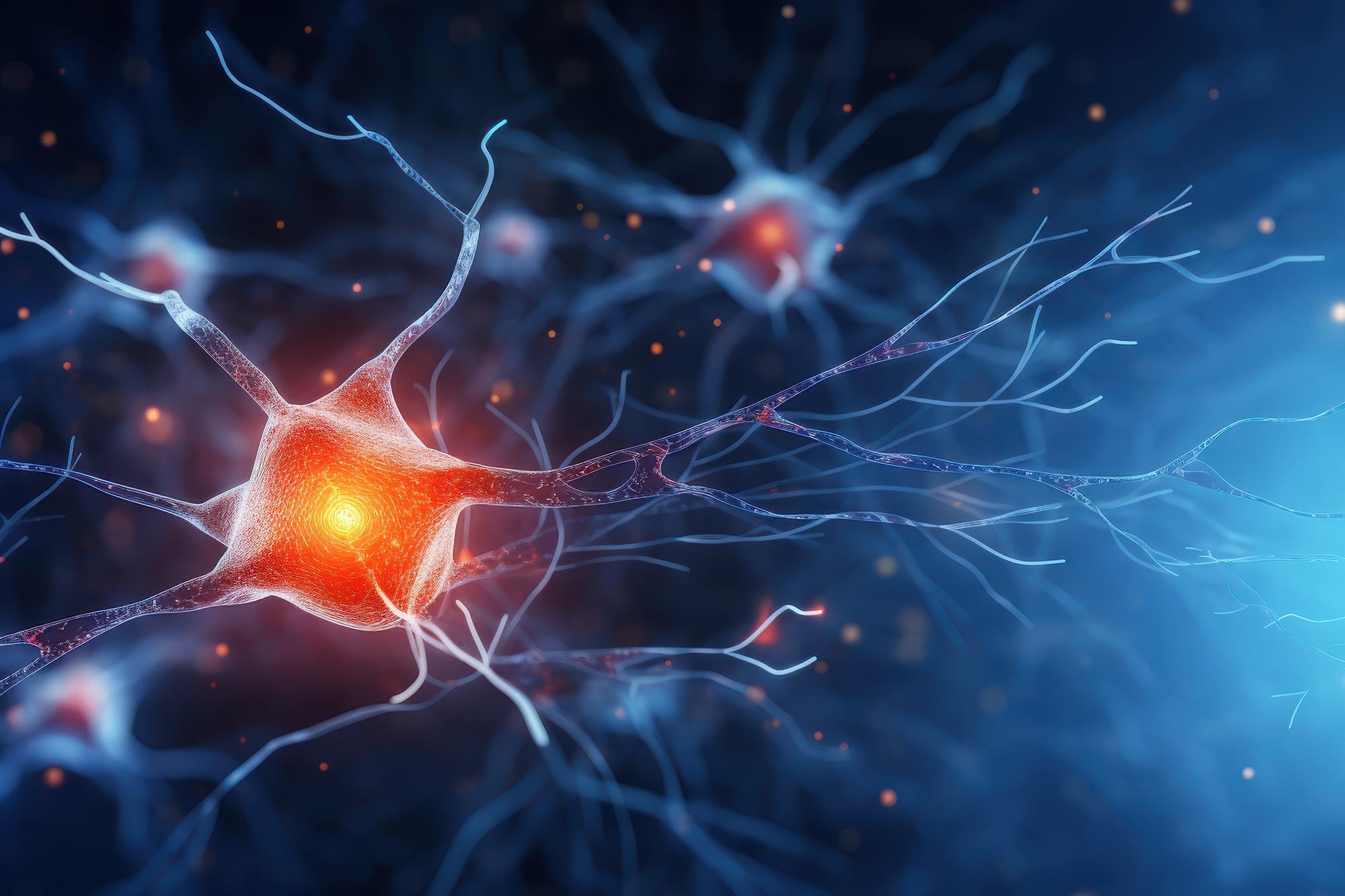Is a New Diagnostic Code the Key to Support for Gulf War Illness?

Published: 2025-09-12 01:38:00 | Category: Uncategorized
The announcement of a dedicated diagnostic code for Gulf War illness (GWI) in the October 2025 release of the International Classification of Diseases (ICD-10-CM) marks a significant advancement for veterans suffering from this chronic condition linked to their military service during the Gulf War. This official recognition is expected to enhance diagnosis, treatment, and research efforts for the estimated 250,000 veterans affected by GWI.
Last updated: 24 October 2023 (BST)
Understanding Gulf War Illness
Gulf War illness (GWI) encompasses a range of chronic symptoms that many veterans have experienced since their deployment in the 1990-1991 Gulf War. The new ICD code is not merely an administrative tool; it represents an acknowledgment of the real, service-related health issues faced by these individuals.
Key Takeaways
- The ICD-10-CM will introduce a dedicated code for Gulf War illness in October 2025.
- GWI affects approximately one-fourth to one-third of the nearly 700,000 U.S. troops deployed in the Gulf War.
- The condition is linked to chemical exposures during the war and includes symptoms like fatigue, cognitive issues, and pain.
- Official recognition of GWI aims to improve veterans' access to appropriate care and treatment.
- The new code will facilitate better research and tracking of health issues related to GWI.
The Symptoms and Causes of Gulf War Illness
Gulf War illness is characterised by a collection of debilitating symptoms that can severely impact the quality of life. Veterans report a variety of health issues, including:
- Persistent Fatigue: Many veterans experience overwhelming tiredness that does not improve with rest.
- Cognitive Difficulties: Problems with memory, concentration, and mental clarity are common.
- Chronic Pain: Many suffer from unexplained pain in muscles and joints.
- Respiratory Issues: Breathing difficulties and chronic cough have been reported.
- Skin Problems: Various dermatological conditions, including rashes and sensitivities, are frequently cited.
- Gastrointestinal Distress: Issues like nausea, diarrhoea, and abdominal pain are prevalent.
Research has identified a strong correlation between GWI symptoms and exposure to chemical agents during the Gulf War. These include nerve agents, pesticides, and other toxic substances that were prevalent in the theatre of operations. Studies have shown that GWI may involve a complex interplay of factors, including:
- Structural Brain Changes: Imaging studies have suggested alterations in certain brain areas.
- Mitochondrial Dysfunction: Evidence indicates that energy-producing cellular components may be affected.
- Inflammation: Chronic inflammatory processes have been observed in affected individuals.
- Immune System Changes: Research indicates that veterans may have dysregulated immune responses.
The Importance of a Diagnostic Code
The introduction of a specific diagnostic code for Gulf War illness is a monumental step forward for veterans and healthcare professionals. Until now, many veterans faced challenges in obtaining a proper diagnosis, often being misclassified under related conditions such as fibromyalgia or chronic fatigue syndrome. As Dr. Kimberly Sullivan notes, "Having an ICD code helps to educate these providers about this difficult disorder and to diagnose it properly."
Impact on Diagnosis and Treatment
The new diagnostic code will streamline the process of identifying GWI. Healthcare providers will be able to recognise and treat this illness more effectively, leading to improved patient outcomes. This formal recognition can help in several ways:
- It provides a clear framework for diagnosis.
- It aids in insurance reimbursement for treatments related to GWI.
- It encourages healthcare providers to learn more about the condition.
- It facilitates access to specialised care for afflicted veterans.
Advancements in Research and Public Health
A dedicated diagnostic code also paves the way for enhanced research efforts. Researchers will have the ability to identify GWI populations more accurately, allowing for targeted studies. This is particularly crucial given the potential links between GWI and other serious health conditions, such as:
- Amyotrophic lateral sclerosis (ALS)
- Neurologic conditions
- Various types of cancer, including brain cancer
- Cardiovascular diseases
- Sleep disorders, such as sleep apnea
Improved research capabilities will help scientists understand how GWI interacts with these conditions, potentially leading to new treatment avenues and strategies to support affected veterans.
Community and Advocacy Efforts
This achievement is attributed to the relentless advocacy of veterans, healthcare professionals, and researchers who have campaigned for recognition and support for those suffering from GWI. Many veterans, like Ronald Brown, express the profound personal impact of this change, highlighting the importance of validation for their long-term struggles.
Advocates believe that this code will enhance the monitoring of health problems in veterans and improve the tracking of effective treatments over time. As Anthony Hardie, a Gulf War veteran and advocate, stated, "There is real potential for better monitoring of health problems, tracking effective treatments, and identifying related conditions."
Looking Ahead: What This Means for Veterans
As we approach the October 2025 implementation of the GWI diagnostic code, veterans and healthcare professionals are hopeful for the changes it will bring. The code signifies not just an administrative update, but a shift in how Gulf War illness is perceived within the medical community.
For many veterans, this recognition means they will no longer have to fight for acknowledgement of their suffering. Instead, they can expect a more informed healthcare system that will support their needs. The introduction of this code is a critical step towards ensuring that veterans receive the care they deserve for their service-related health issues.
Conclusion
The new diagnostic code for Gulf War illness represents a long-overdue validation of the experiences of countless veterans who have battled this debilitating condition for over three decades. With a formal acknowledgment of GWI, there is hope for improved healthcare access, better treatments, and a deeper understanding of the illness. The collaborative efforts of veterans, researchers, and healthcare professionals have made this achievement possible, and it stands as a testament to resilience and advocacy in the face of adversity.
FAQs
What is Gulf War illness?
Gulf War illness (GWI) is a chronic condition affecting veterans who served in the 1990-1991 Gulf War, characterised by symptoms like fatigue, pain, and cognitive difficulties, often linked to chemical exposures during the war.
When will the new diagnostic code for GWI be implemented?
The new diagnostic code for Gulf War illness will be implemented in the October 2025 release of the International Classification of Diseases (ICD-10-CM).
How many veterans are affected by Gulf War illness?
It is estimated that between one-fourth to one-third of the nearly 700,000 U.S. troops deployed in the Gulf War are affected by Gulf War illness, amounting to around 250,000 veterans.
Why is a diagnostic code important for Gulf War illness?
A diagnostic code is crucial as it validates GWI as a medical disorder, aiding in proper diagnosis, treatment, and research while also facilitating insurance reimbursement for veterans.
What symptoms are associated with Gulf War illness?
Common symptoms of Gulf War illness include persistent fatigue, cognitive difficulties, chronic pain, respiratory issues, skin problems, and gastrointestinal distress.
How will the new code impact research on Gulf War illness?
The new diagnostic code will improve the ability of researchers to identify GWI populations, track treatment responses, and understand how GWI interacts with other health conditions, enhancing future studies.



:max_bytes(150000):strip_icc():focal(728x368:730x370)/sophia-forchas-091125-0af856ded1d64f8eb69738daa91669d1.jpg)